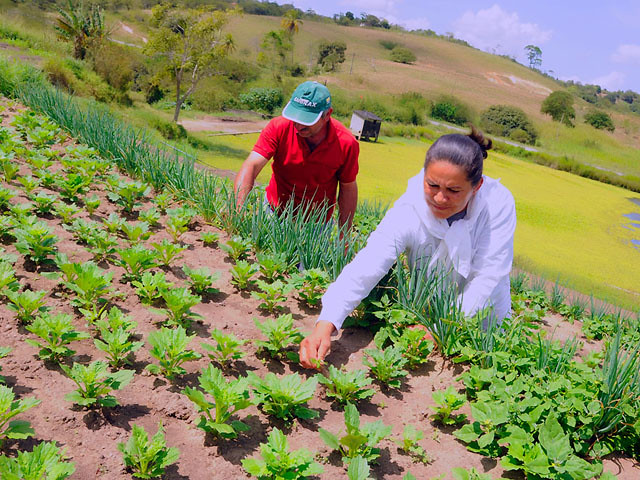Evaluation of Ecological Environment Effect of Villages Land Use and Cover Change: A Case Study of Some Villages in Yudian Town, Guangshui City, Hubei Province
Rapid economic development has a significant negative impact on the rural ecological environment. Evaluating the ecological environmental effect of land use and its change trend at the village scale has important practical significance for maintaining ecological functions and ensuring ecological safety. Taking a typical village in Yudian Town as an example, we applied a land-use ecological environment effect evaluation and the CA-Markov change trend prediction model and constructed an index of ecological environmental effect status.




